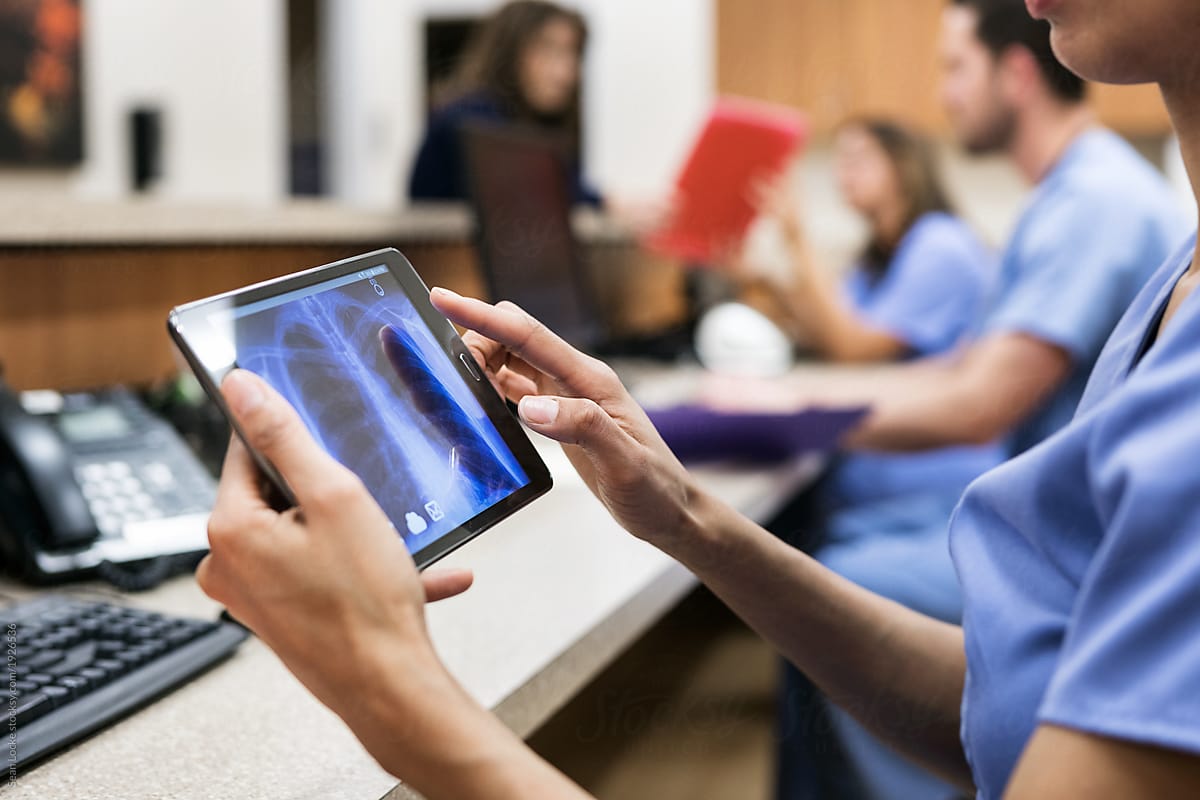An Integrated Education for Tomorrow's Physicians
Instead of a traditional approach—lectures in basic sciences for the first two years, clinical sciences the third and fourth years—you’ll study biomedical science, clinical science, and a third discipline, health systems science (which explores how human relationships influence health), across all four years. By integrating these three pillars, our curriculum will help you develop a deeper understanding of patients and their care from the cellular to the societal level.
Here are some key features of our educational approach:
Case-Based, Interactive Learning in Small Groups
Our case-based approach lets you return to basic science topics rooted in real-world scenarios throughout your four years here, expanding and deepening your knowledge of concepts every time you revisit them.
Hands-On Learning
You won't have to wait to begin learning in clinical settings. You'll start gaining valuable, hands-on experience within your first few weeks at the school at Kaiser Permanente medical offices and hospitals.
Team-Based Collaboration
During your clinical rotations, you’ll address the care needs of each individual with professionals in an array of roles, helping to jointly problem-solve and support health. With your preceptor, you’ll learn best practices in using electronic health records and data to manage patient panels and populations.
Competency-Based Education with a Coaching Program
You’ll learn the skills needed to excel as a clinician through the competency-based education program. Coaches will work with you to address any gaps in learning and set a course for success.

The Service-Learning Project
Learning from our neighbors throughout Southern California will be an integral part of your medical education at the school. As part of a two-year immersion at a community health center, students will co-create service-learning projects, collaborating with leaders who are focused on eliminating health disparities and ensuring access to care for all.
State-of-the-Art Learning Environment
Today’s medicine is powered by technology. We prepare our students with the tools and techniques they will use after graduation. Technology can also offer new perspectives to study, like augmented reality and virtual dissector tables in our Anatomy Resource Center as well as in our Simulation Center, where students can virtually practice clinical skills.
We’re Committed to Your Success
We know medical education is academically rigorous and personally challenging, so we provide comprehensive support for our students. Student support programs extend to nearly every aspect of your life as a student.